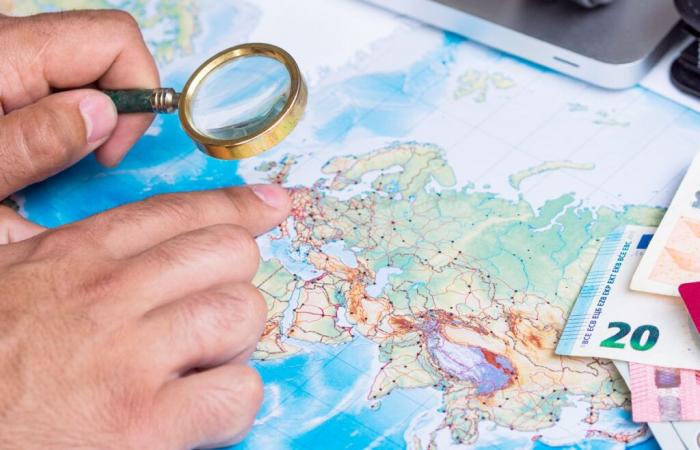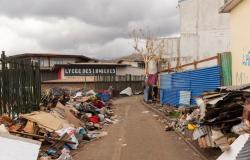The annual ranking of The Economist pays tribute to those who have been able to reinvent themselves, by taking on enormous challenges with determination. This is not a list that rewards perfection, but rather the ability to change course, even in the midst of a thousand difficulties. At the top of the list? Bangladesh, Argentina and other countries rewriting the rules of the game.
1. Bangladesh: a peaceful revolution
The Bangladesh has been recognized as one of the most important countries of 2024 thanks to an unprecedented political and social transformation. After years of authoritarian rule under Sheikh Hasina, the country saw a dramatic change in direction in 2024. Massive student protests that erupted in August marked the start of a new era, culminating in the appointment of Muhammad Yunus , Nobel Peace Prize winner, at the head of a technocratic government. Yunus's reforms focused on restoring order, fighting corruption, and stabilizing the economy.
Despite challenges such as Islamic extremism and fair elections, progress is undeniable. Bangladesh's economy has started to recover and to gain the trust of the international community. This country, often relegated to the margins of global attention, finally appears as a model of transition towards a more stable democracy.
However, there is no shortage of challenges. Indeed, Islamic extremism remains a significant threat, while the organization of free and transparent elections is a crucial test for the country's future. However, the commitment made to improve political participation and strengthen the economy marks a decisive turning point.
2. Argentina
Argentina has earned its place among the best countries thanks to controversial economic reforms but (apparently) effective by President Javier Milei. His anarcho-capitalist approach revolutionized the national economy: reductions in public spending and free market measures helped reduce inflation and improve financing costs. Although the initial results are promising, with signs of economic growth already visible in the third quarter of 2024, The Economist warns of long-term riskssuch as an overvalued currency and a possible decline in popular support.
The results are therefore ambivalent: Javier Milei's radical reforms divided public opinion, but also produced tangible results. The control of inflation, Argentina's chronic problem, and the reduction of the public deficit have been welcomed by certain economic sectors. However, the future of Milei's model remains uncertain, with many questioning the long-term viability of these policies.
3. The other finalists: between challenges and hopes
The Economist finalists are Poland, South Africa and Syriaall of which have made progress in certain key areas. Poland has stood out for its fight against extremism and corruption, while South Africa has made progress in economic stabilization. Syria, despite years of devastating conflict, is showing tentative signs of recovery in some regions.
In Poland, efforts to combat corruption and promote transparency have improved trust in governance. In South Africa, strengthening democratic institutions and economic progress have laid the foundations for a more stable future. Syria, although remaining a country scarred by war, has also recorded significant progress in certain areas, thanks to efforts to rebuild infrastructure and support local communities.
And France?
When reading this list, the question is inevitable: what is France's ranking? Unfortunately, there is no trace of our country, relegated to the role of spectator in a changing world. Apparently, there is a lack of vision, leadership and courage to face structural challenges.
And while others reinvent themselves, we seem to wallow in an inertia that promises nothing good. It is a bitter but necessary lesson: the future belongs to those who have the courage to imagine it and the determination to build it. History doesn't wait, and maybe we should stop waiting too.






